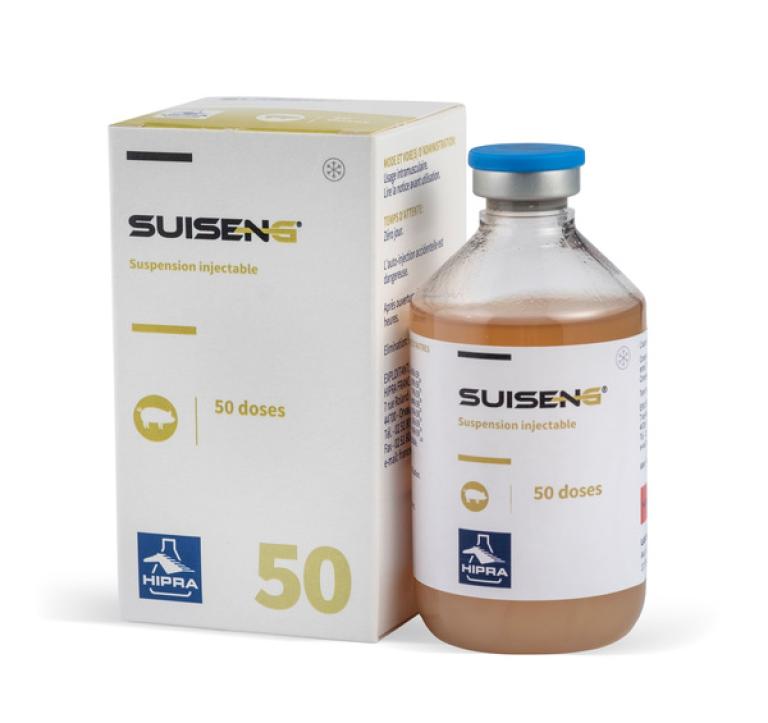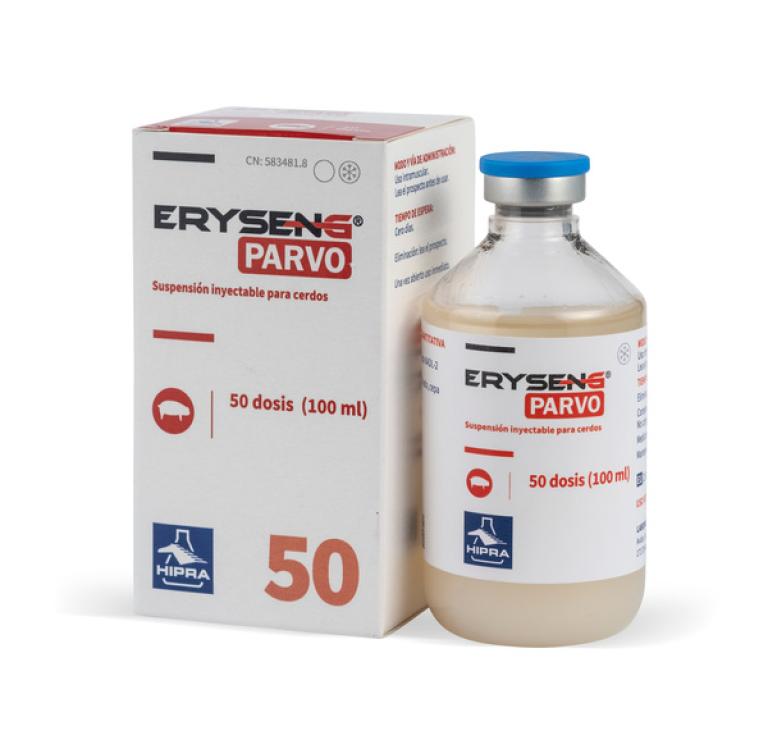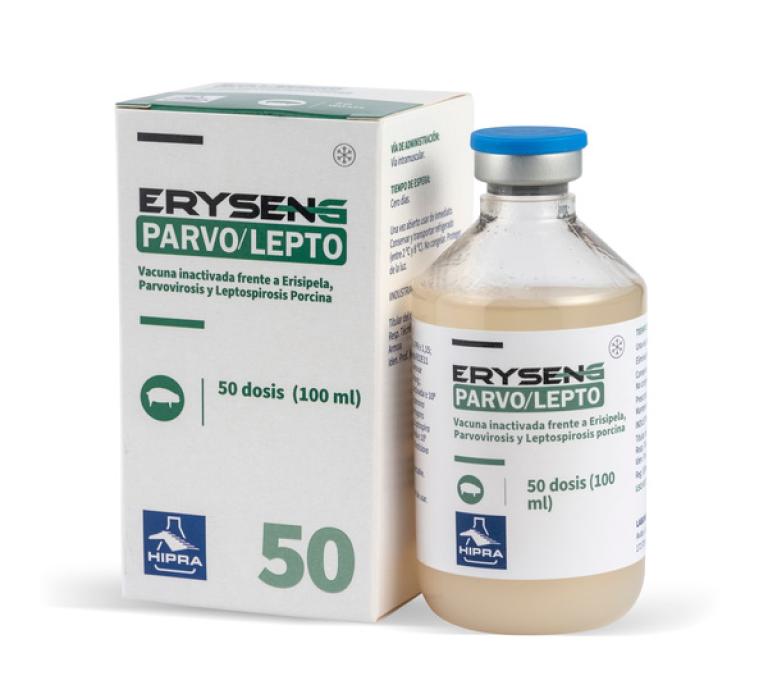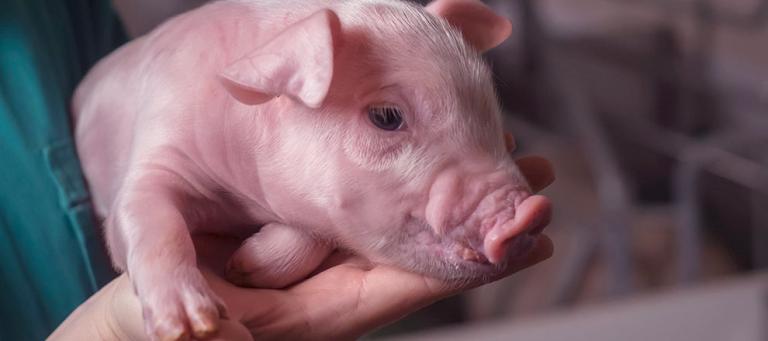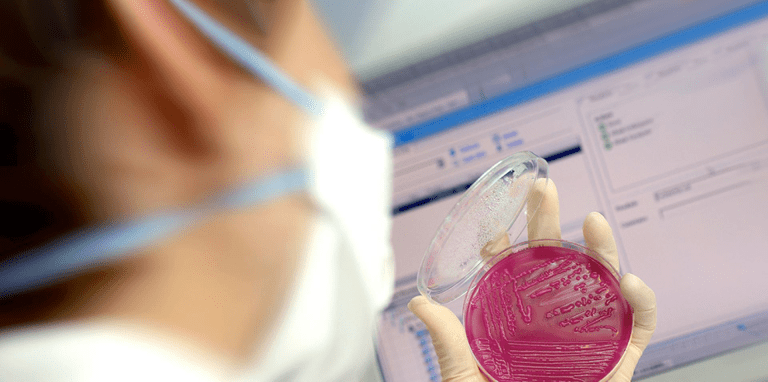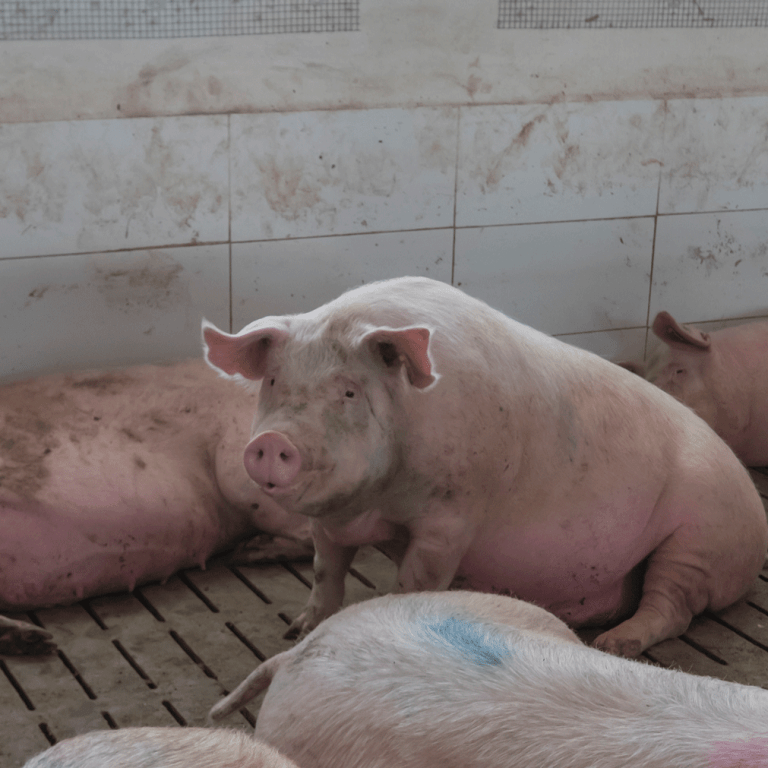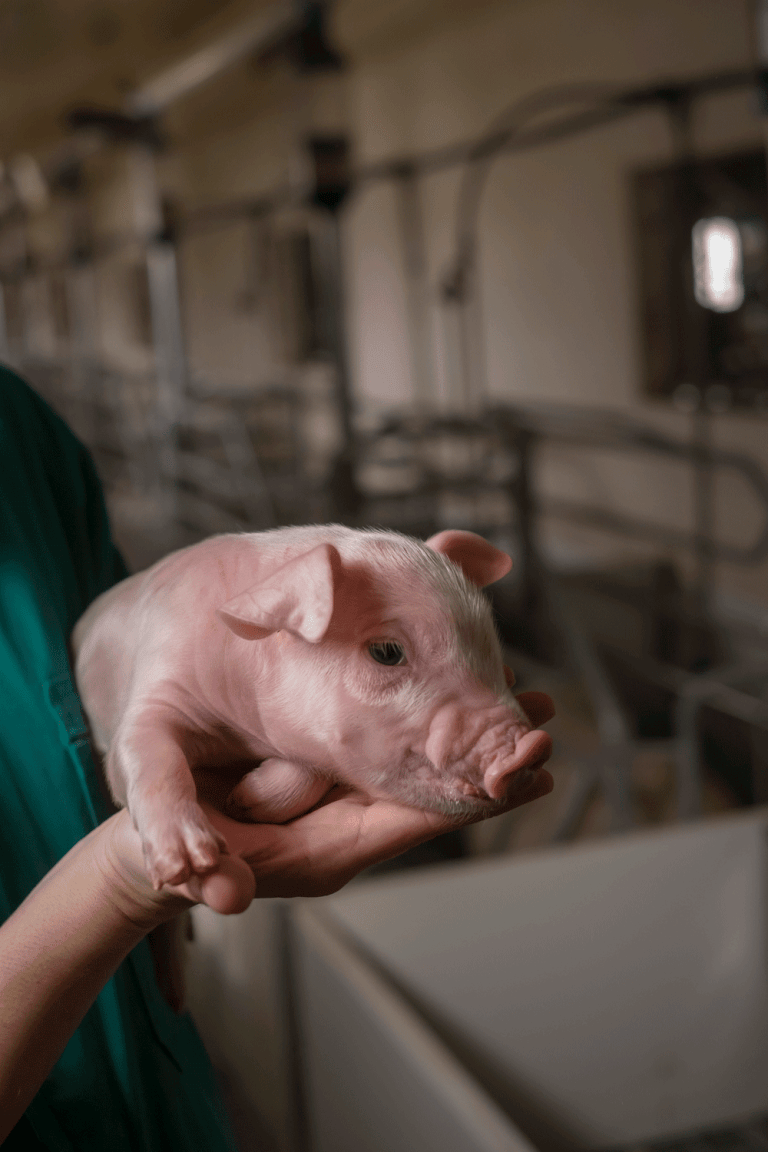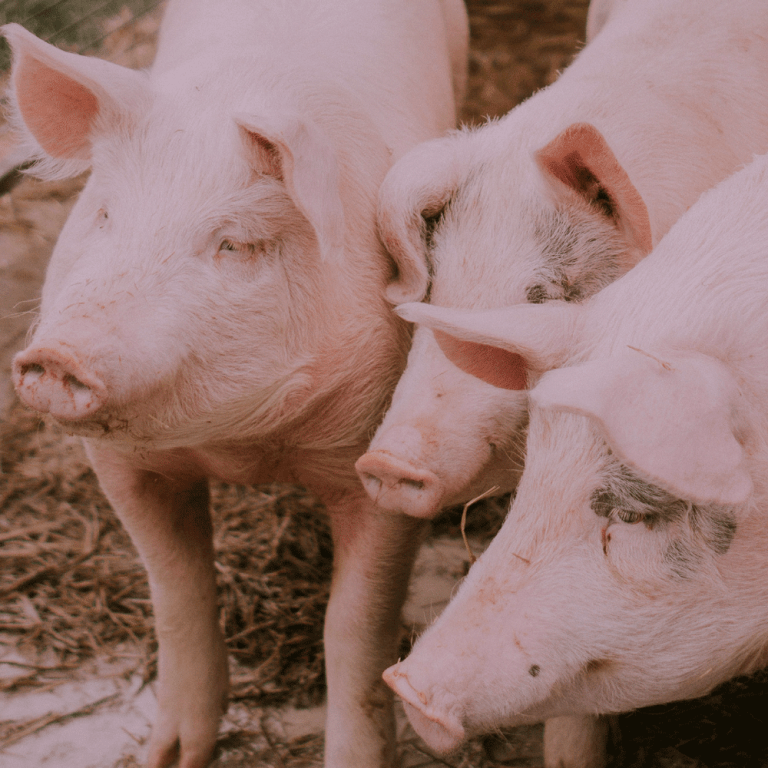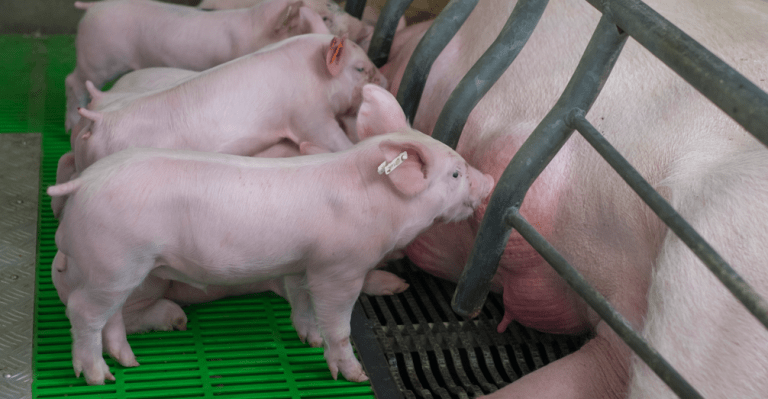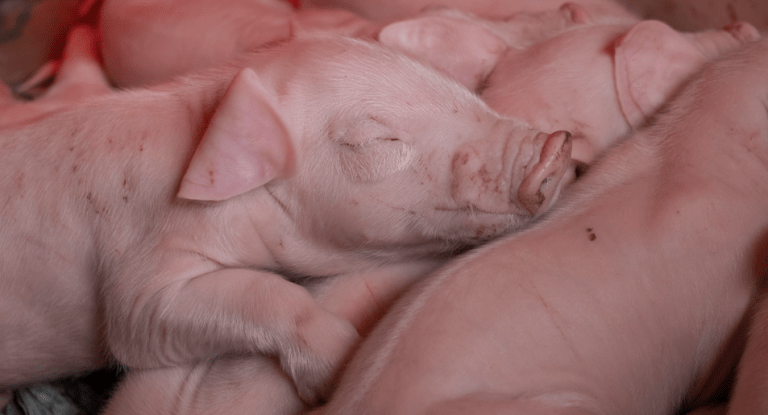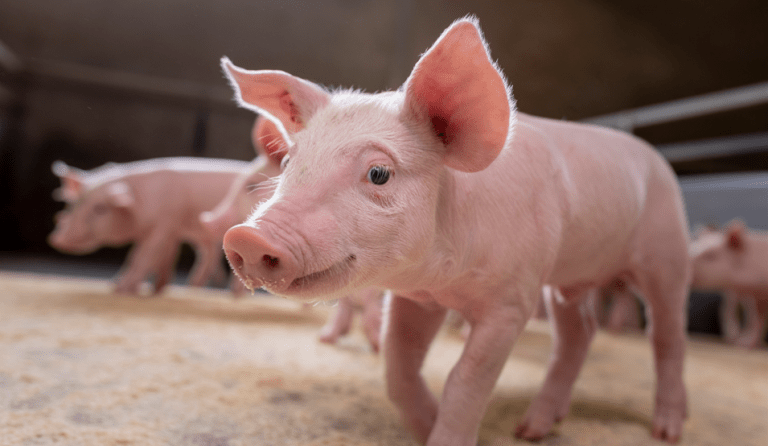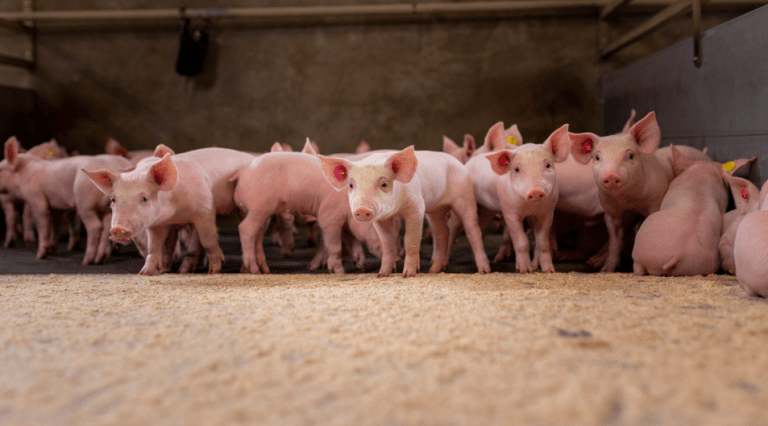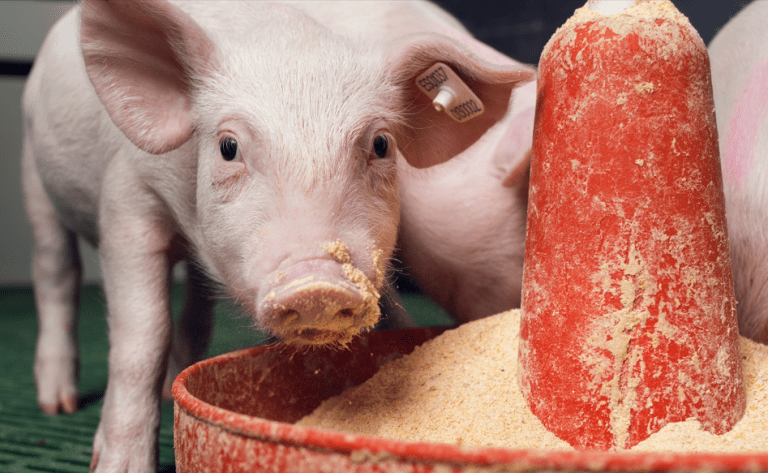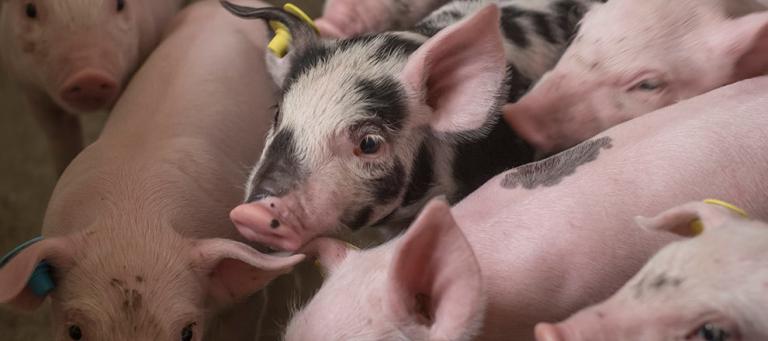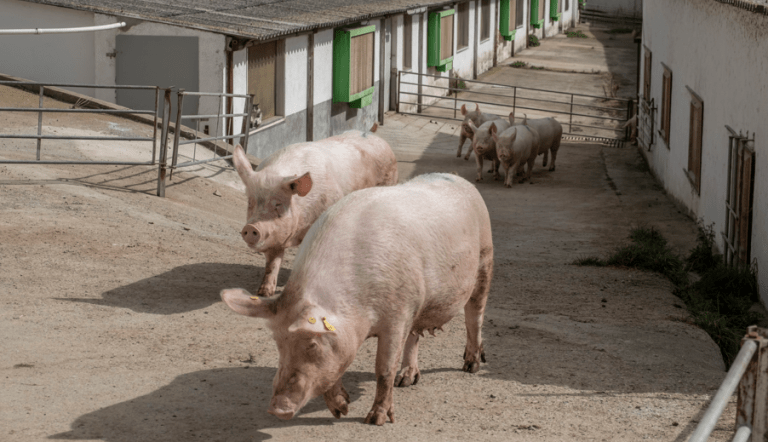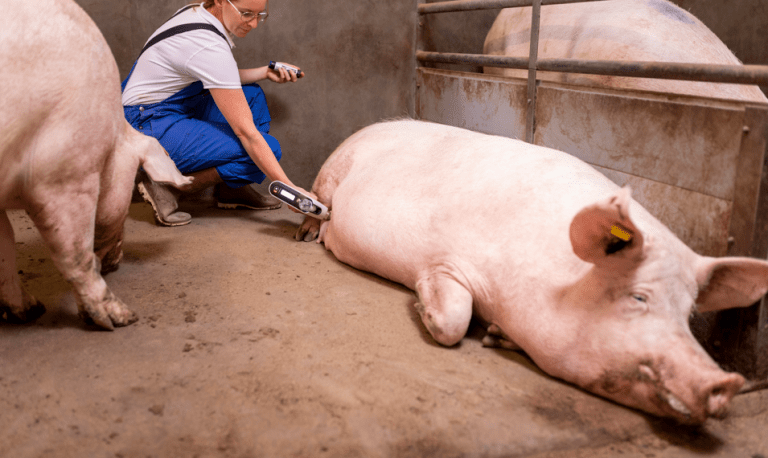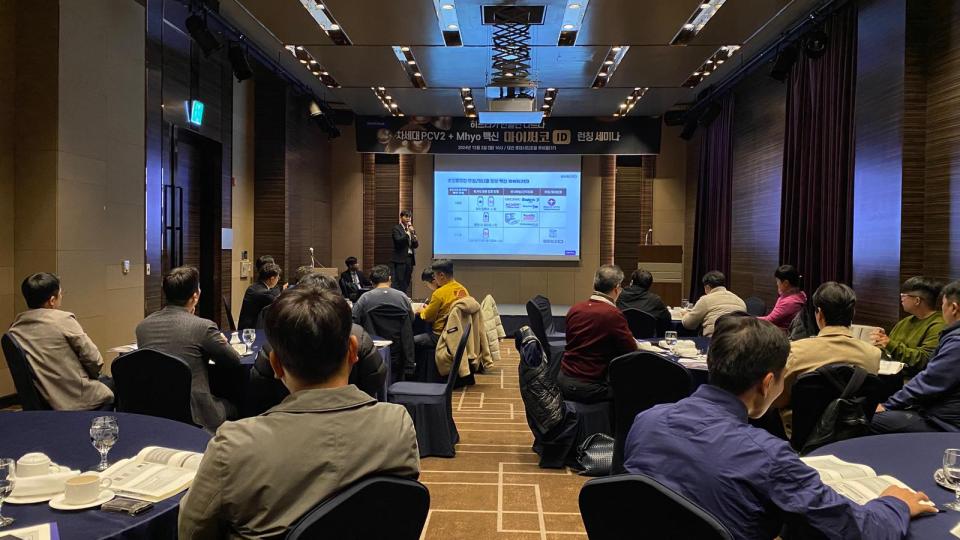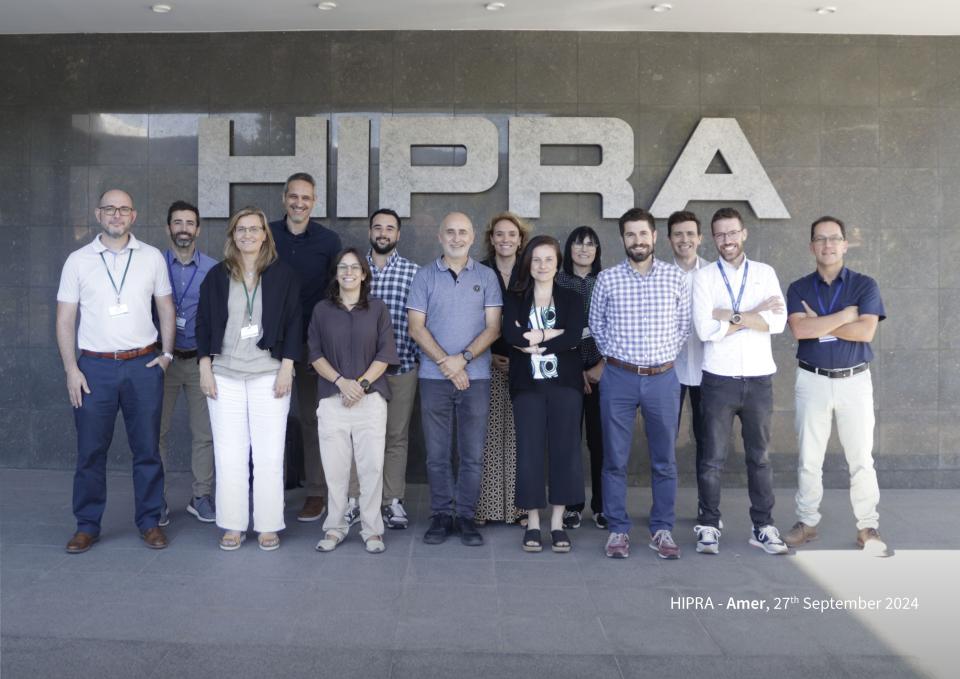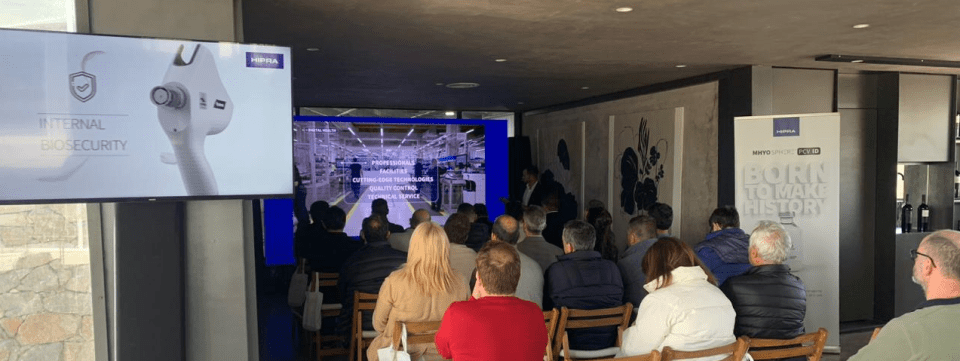Prevention of swine erysipelas (SE) is based on vaccination, which relies on the protective role of the specific antibodies against Erysipelothrix rhusiopathiae. Despite the proven efficacy of existing vaccines, inadequate vaccination protocols may lead to the emergence of SE outbreaks, as recently reported in Japan and Australia. Therefore, serological monitoring of SE is essential in disease control. The aim of this study was to compare two commercial ELISA kits in terms of their competence to assess immunization of SE vaccinated and naturally infected pigs.
Experimental and field evaluation of the performance of two ELISA methods to detect seroconversion against swine erysipelas in pigs
Publications
Swine
Appeared in
IPVS Congress, 2016
These results demonstrate that both ELISAs 1 and 2 are
suitable for the evaluation of antibody response in SE infected
and/or vaccinated pigs, with good performance characteristics.
The detection of antibody response in G3C, and to some extent
in G3E was unexpectedly low in both assays. Whether this was
due to the vaccine composition or to the kinetics of the antibody
response in the pig, is a matter for further investigation.




